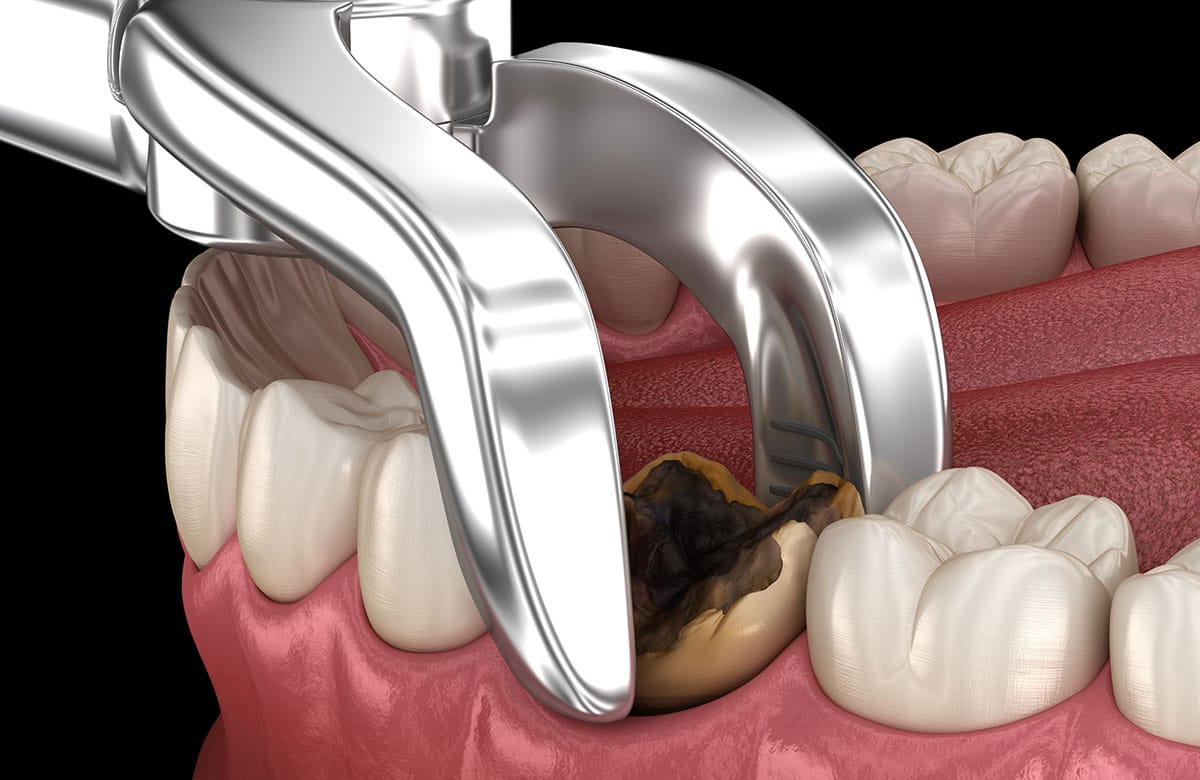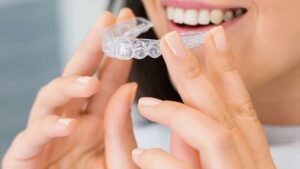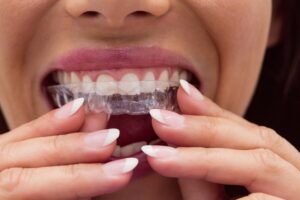When you get a tooth pulled, the food you eat plays a key role in how quickly and smoothly you recover. The right foods should therefore be selected in a bid to enhance the healing process and reduce the chances of complications such as infections among the sufferers. The knowledge about several meals and foods to be taken after tooth extraction and the time to start eating will determine the level of comfort experienced. In this blog, we’ll cover the best foods to eat after a tooth extraction and which foods you should avoid to ensure a smooth recovery.
Essential Nutrients for Healing After a Tooth Extraction
Tooth extraction requires kind of care as various nutrients are important when the body is healing. Protein, vitamins A & C, zinc, and iron should be eaten in large quantities because they have antiviral properties. Protein is used by the body for tissue formation and hence assists in the healing of the wound caused by extraction. Vitamins A and C are important for cell growth and wound healing, while zinc also aids in healing. Iron helps with proper blood circulation. Also, the consumption of foods with rich fiber can reduce water retention and inflammation which can reduce the time of healing.
When Can You Start Eating After a Tooth Extraction?
Most dentists advise that one should not eat or at least not take anything into the mouth for a period of 24 hours. This waiting period allows your body to begin the healing process without interference. During this time, it’s important to stay hydrated, so drink plenty of fluids like water or other liquid foods. After the first 24 hours, you can begin to eat soft foods that are easy to chew and swallow. Taking this careful approach helps protect the surgical area and supports a faster recovery.
What to Eat After Tooth Extraction?
Choosing the right foods can greatly affect how comfortable you feel after a tooth extraction. Soft, cool foods are generally the best options because they require little chewing and can help reduce inflammation. Here are some excellent choices:
Scrambled Eggs
Meals after a tooth extraction should contain eggs due to their high content of protein and vitamins A and B-12. Protein is used in the repair of body tissues as well as in body cell growth, Vitamin A prevents immune system breakdown and B-12 enhances the body’s immune system. You can also opt for omega-3 enriched eggs for their added anti-inflammatory benefits. Adding cheese or herbs can make scrambled eggs even more flavorful.
Yogurt
Another good food that should be consumed after tooth extraction is yogurt. The food is high in proteins and calcium contents, which are very much required for carrying out repair activities in the body. Further, yogurt also has good bacteria that assist in digestion and it also strengthens the body’s immunity system. Plain Greek yogurt is the best choice because it’s high in protein and low in sugar, making it both nutritious and soothing.
Soup
Soups, especially those made with bone broth, are packed with nutrients and easy to swallow, making them ideal post-extraction meals. Bone broth soups are particularly beneficial because they provide essential proteins and minerals that aid in healing. You can also add vegetables to soups to ensure you get your daily dose of vitamins and minerals, which is crucial for recovery.
Mashed Potatoes
Mashed potatoes are a great option for anyone recovering from a tooth extraction. They are soft, easy to swallow, and packed with essential nutrients that promote healing. Mashed potatoes are naturally rich in vitamin C, which is important for recovery. They also contain potassium and fiber, which help reduce inflammation and swelling. To enhance the flavor, consider adding a bit of butter and herbs.
Smoothies
Smoothies are a versatile and nutritious option after a tooth extraction. You can customize them to meet your dietary needs by adding ingredients like protein powder or nut butter to boost their protein content. Fruits and vegetables can be added for extra vitamins A and C. However, avoid using straws when drinking smoothies, as the suction can dislodge the blood clot in the extraction site, leading to complications like dry socket.
Ice Cream
Cold foods like ice cream can help reduce inflammation, making them soothing after a tooth extraction. Soft-serve ice cream is particularly gentle on the mouth. For a healthier option, try banana ice cream, which is both cold and nutritious.
In addition to the foods mentioned above, other comforting options include cottage cheese, oatmeal, and applesauce. These foods provide essential nutrients and are gentle on your mouth, making them perfect for recovery.

Foods to Avoid After a Tooth Extraction
While knowing what to eat after a tooth extraction is important, it’s equally crucial to know which foods to avoid. Some foods can disrupt the healing process and cause discomfort. Here’s a list of foods you should stay away from:
Solid Foods
Solid or crunchy foods can dislodge the blood clot in the empty tooth socket, leading to a painful condition known as dry socket and delaying healing. Examples of solid foods to avoid include chips, nuts, hard candy, and popcorn.
Spicy Foods
Spicy foods like chili peppers, garlic, and ginger can cause inflammation and increase sensitivity. They may also make any existing pain or discomfort from the procedure worse. To avoid these issues, steer clear of spicy foods until your mouth has fully recovered.
Acidic Foods
Acidic foods such as citrus fruits, tomatoes, and pickles can irritate the empty tooth socket and increase sensitivity. Additionally, acidic foods can erode the protective enamel on your teeth, making them more vulnerable to decay.
Alcoholic Beverages
Alcoholic beverages should be avoided after a tooth extraction as they can interfere with the healing process and prolong recovery time. Additionally, drinking alcohol while taking pain medications or anti-inflammatory drugs can cause dangerous side effects.
Hot Foods and Drinks
Extremely hot foods and beverages can cause discomfort and delay healing. It’s best to stick to lukewarm foods and drinks until your mouth has fully healed.
Chewy Foods
Chewy foods, such as steak and jerky, can irritate the extraction area and dislodge the newly formed blood clot. Avoid these types of foods to prevent complications and support faster healing.
Tips for a Speedy Recovery
To ensure a smooth recovery, follow your oral surgeon’s aftercare instructions carefully. This may include taking prescribed medications, rinsing your mouth with salt water or mouthwash, using gauze to control bleeding, and avoiding smoking and alcohol. Maintaining good oral hygiene habits, such as brushing twice a day and flossing once a day, is also essential for promoting healing.
Conclusion
Knowing what to eat after a tooth extraction and which foods to avoid can significantly impact your recovery process. By choosing soft, nutrient-rich foods and avoiding those that can cause irritation or delay healing, you’ll be on your way to a speedy and comfortable recovery.
If you’re preparing for a tooth extraction or have recently had one, it’s important to stay informed and follow your dentist’s advice. We’re here to support you every step of the way.
Contact us today to schedule a consultation and learn more about how we can help you through the tooth extraction process. Our experienced team of oral surgeons is dedicated to providing you with the care and information you need for a successful recovery.







